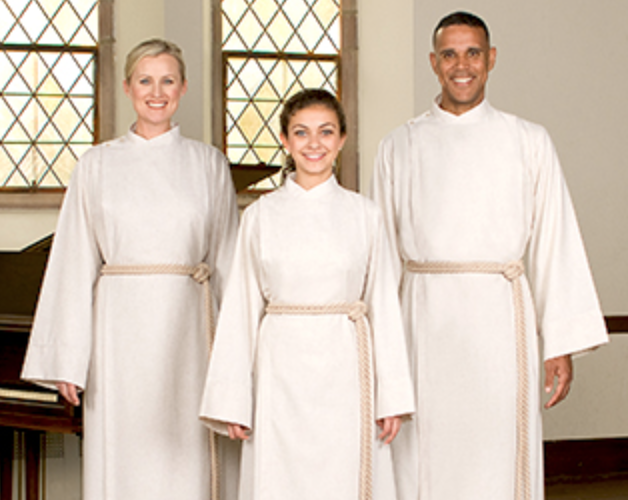So. Much. To. Read.
So. Much. To. Think. About.
This is one of those times when it really helps to cue up a Bob Dylan playlist and turn up the volume.
I have two Dylan playlists that fit the bill, right now — Dylan Hymns I and Dylan Hymns II. They aren’t full of real hymns or even Gospel arrangements (that’s in the Dylan Gospel playlist), but they are full of songs with obvious faith content from the openly born-again albums and then the many interesting discus that followed, almost always with a few tracks that include clear Christian images and themes.
Hang in there with me. I am getting to this weekend’s “think pieces,” I promise.
The Dylan Hymns II playlist opens with another version of the same song that ended Dylan Hymns I — “When the Night Comes Falling From the Sky” (click here for a fiery live take with Tom Petty and the Heartbreakers). That would be a great song for right now. But the song that really fits is, “Everything Is Broken” (lyrics here). Here’s some crucial images from the end of the song:
Broken cutters, broken saws
Broken buckles, broken laws
Broken bodies, broken bones
Broken voices on broken phones
Take a deep breath, feel like you’re chokin'
Everything is broken
Every time you leave and go off someplace
Things fall to pieces in my face
Broken hands on broken ploughs
Broken treaties, broken vows
Broken pipes, broken tools
People bending broken rules
Hound dog howling, bullfrog croaking
Everything is broken
This brings us to our first “think piece,” by Axios CEO Jim VandeHei. The thesis statement says, “America, in its modern foundational components, is breaking into blue America, red America, and Trump America — all with distinct politics, social networks and media channels.”
The emphasis here is, of course, politics and there is no openly stated religion theme. You know: politics is real and religion is not so real.










